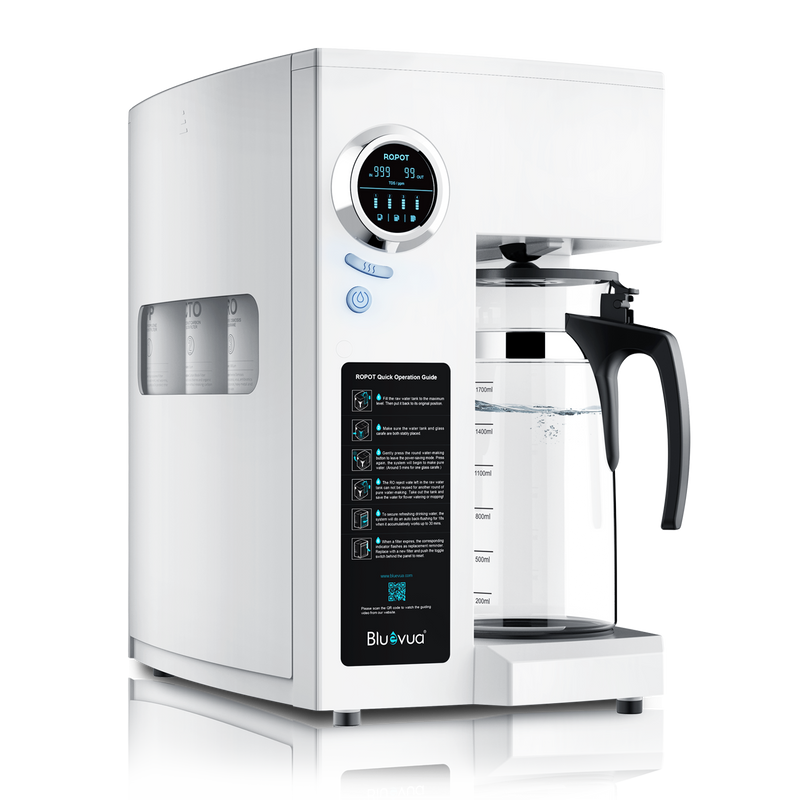The Benefits of Installing a Reverse Osmosis (RO) Water System at Home
Body
In today's world, ensuring access to clean and safe drinking water is more important than ever. One effective solution is the RO water system, which utilizes advanced filtration technology to provide purified water. This article delves into the numerous benefits of installing a reverse osmosis system in your home.

What is a Reverse Osmosis Water System?
A reverse osmosis water system is a water purification technology that removes contaminants from water by using a semi-permeable membrane. This process effectively eliminates impurities such as bacteria, viruses, and harmful chemicals, resulting in high-quality drinking water. But why should you consider installing one?
Key Benefits of an RO Water System
- Enhanced Water Quality: The primary advantage of an RO water system is its ability to significantly improve water quality. By removing up to 99% of contaminants, it ensures that your family consumes safe and clean water.
- Cost-Effective Solution: While the initial investment may seem substantial, an RO system can save you money in the long run. By reducing the need for bottled water, you can cut down on ongoing expenses.
- Environmental Impact: Using an RO water system reduces plastic waste associated with bottled water. This eco-friendly choice contributes to a healthier planet.
- Convenience: Having a reverse osmosis system installed at home means you have access to purified water at any time. This convenience is especially beneficial for families with children.
How Does an RO Water System Work?
The operation of an RO water system involves several stages of filtration. Initially, water passes through a sediment filter that removes larger particles. Next, it goes through the reverse osmosis membrane, which filters out dissolved solids and contaminants. Finally, a post-carbon filter polishes the water, enhancing its taste and odor. This multi-stage process ensures that the water you drink is not only safe but also pleasant.
Installation and Maintenance of RO Systems
Installing a reverse osmosis system may seem daunting, but it can be a straightforward process. Many systems are designed for easy installation, often requiring minimal plumbing skills. For those who prefer a hassle-free option, consider a countertop RO system, which can be easily set up and removed as needed. You can explore options for small families at  .
.
Maintenance is also relatively simple. Regularly replacing filters and sanitizing the system will ensure optimal performance. Most manufacturers provide guidelines on how often to change filters, making it easy to keep your RO water system in top condition.
Conclusion
In conclusion, installing a reverse osmosis water system in your home offers numerous benefits, including enhanced water quality, cost savings, and environmental advantages. By investing in an RO water system, you are not only prioritizing your family's health but also contributing to a sustainable future. If you are considering this option, take the time to research and choose a system that best fits your needs.









Comments